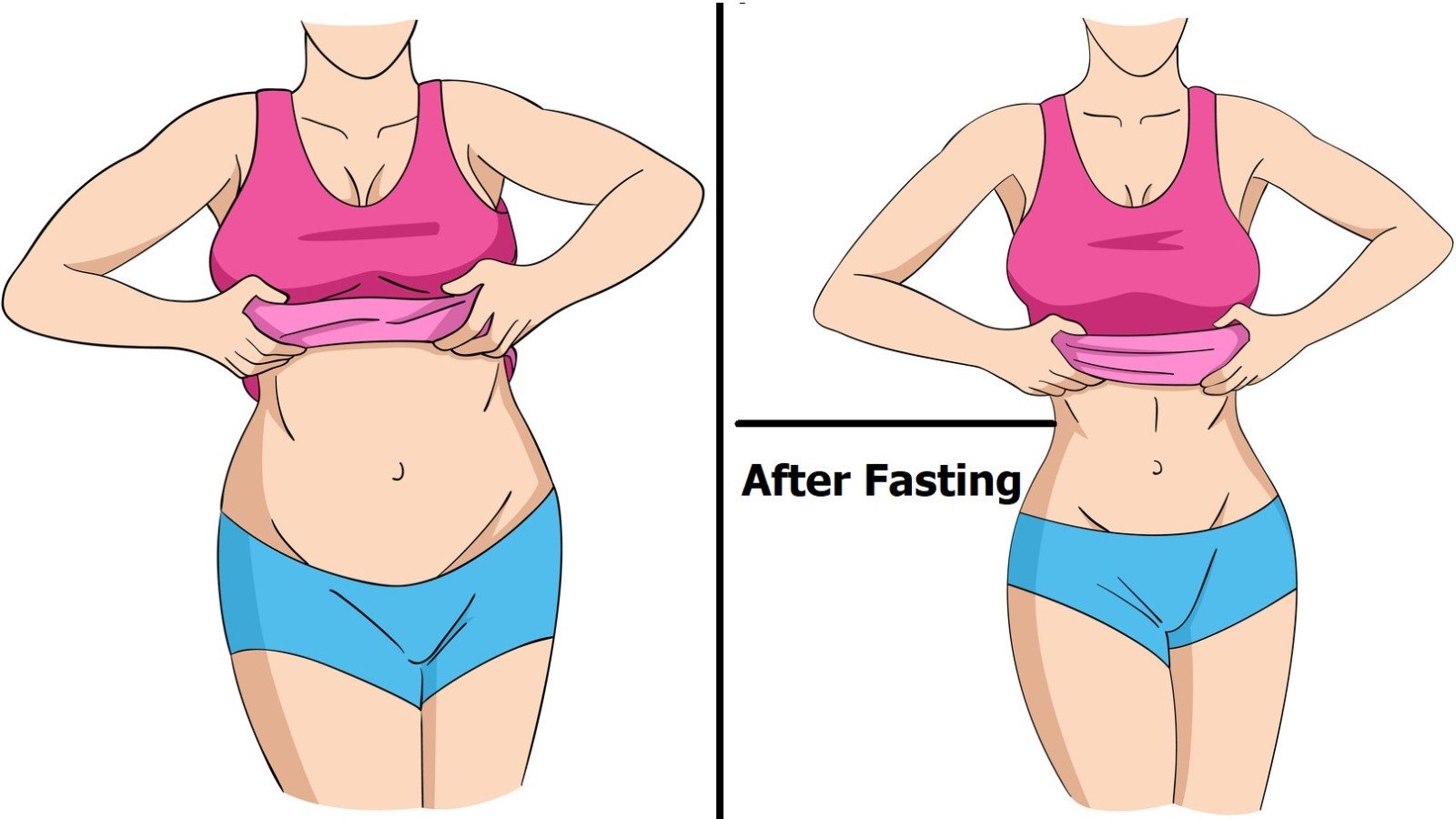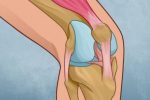A study in the American Journal of Clinical Nutrition looked at short-term modified alternate-day fasting as a new dietary strategy for weight loss and for heart health protection for adults that were overweight or obese. Over a 10 week study period, the researchers found that after 8 weeks, participants had not only lost weight, but they had lost body fat percentage as well. In addition to the weight loss, the participants in the study had decreased their total cholesterol, LDL cholesterol, and triacylglycerol concentrations. They also had lower systolic blood pressure.
WHAT TYPE OF FASTING PROGRAM SHOULD YOU TRY?
* Juice fast – This type of fasting program is a liquid-based diet where you get all of your nutritional needs from drinking only juice and avoiding solid foods.
* Alternate day fasting – This is a 24 hour period of not eating, followed by a 24 hour period where you are allowed to eat regular meals
* 16-hour – Choose any 8 hour time frame for eating during the day and the other 16 hours, avoid any caloric intake. For example you might choose 9:00am to 5:00pm for your eating hours, which means that you should no eat prior to 9:00am or after 5:00pm.
* 20-hour – A 20 hour fasting program is similar to the 16-hour program except that your window for eating is shortened to a 4 hour time frame.
* Multiple day – Fasting for multiple days can be the most challenging program and it requires some additional preparation. People who fast for more than 24 hours prepare by starting with a juice fast for at least 24 hours first. It is possible for human beings to go 7 days or longer (many people have completed 40 day water fasts) with only water without severe health effects.
If you select a fasting program to try, plan to stick with it for a period of 2 weeks at a minimum unless you are experiencing health problems as a result. This will allow your body to learn to use up stored fat during the times that you are fasting.
Your weight loss, and other body needs may differ from those of another person depending on your health goals. For example, it may be important for you to consume protein following a workout to build muscle, so you may want to make sure that your fasting program does not interfere with your training. Consult a nutritional specialist if you have concerns about what will work best for you.
RESEARCH SHOWS WHY YOU WON’T NEED TO WORRY ABOUT EATING TOO MUCH AFTER FASTING
Research published in the Journal of the International Society of Sports Nutrition tells us how fasting is not going to lead to an all out calorie splurge after we have gone for a period of time without food, even if we are exercising.
The study of alternate day fasting and cardiovascular exercise found that participants who did 25 minutes of moderate-intensity cardio three times per week were actually less likely to cheat on days that they were not allowed to eat than if they were not following intermittent fasting.
WOULD YOU TRY A FAST TO LOSE WEIGHT, OR REBUILD YOUR BODY? SHARE WITH US IN THE COMMENTS!
(C)POWER OF POSITIVITY, LLC. ALL RIGHTS RESERVED









